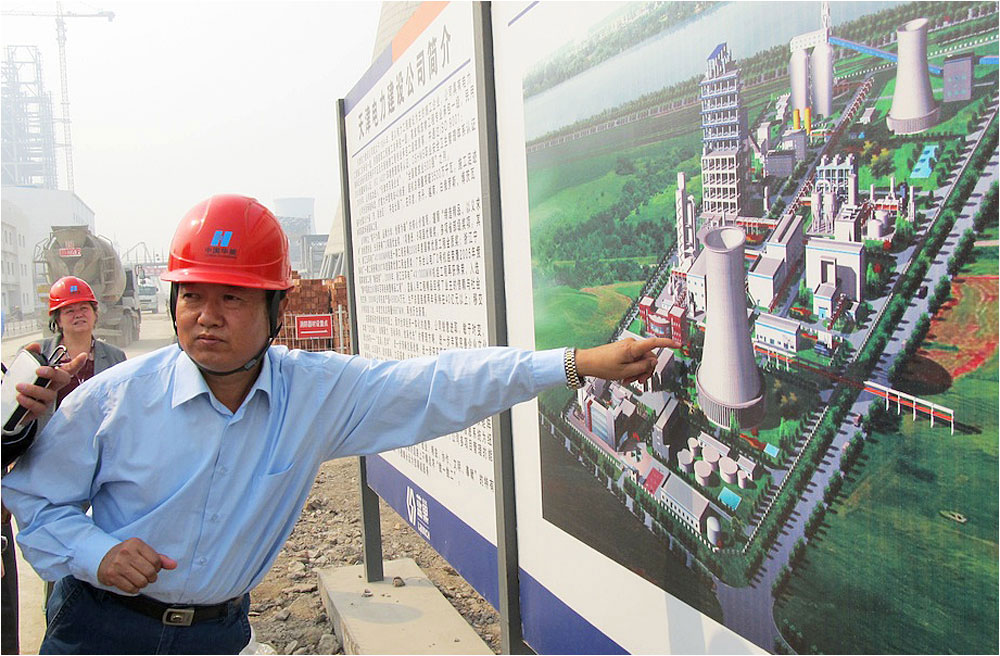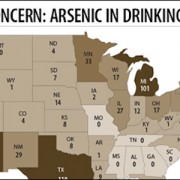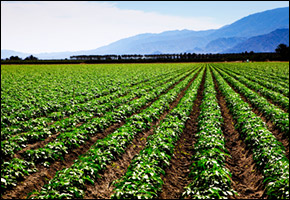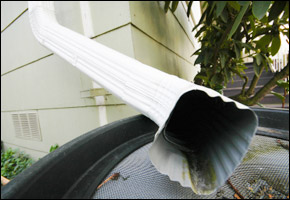The Stream, November 23: Shale Gas and Climate Change
Developing the United Kingdom’s shale gas reserves is incompatible with the country’s climate change goals, according to a new study from the Tyndall Centre for Climate Change Research in Manchester. The carbon cost of developing just 20 percent of U.K.’s proven shale reserves would offset about 15 percent of the government’s greenhouse gas emissions budget through to 2050, Reuters reported.
The international community must act now to prevent a food crisis in West Africa that could be as severe as the famine in the Horn of Africa, AlertNet reported, citing an official from the European Commission’s Humanitarian Aid and Civil Protection Department. Drought and poor harvests threaten to cause food shortages in Niger, Chad, Mali, Mauritania and Burkina Faso.
Nebraska passed legislation agreeing to fund a U.S. environmental review of a revised route for the Keystone XL pipeline, Bloomberg News reported. The state’s opposition to the original route — which crossed the Ogallala aquifer — helped convince the Obama administration to delay a decision about the pipeline until next year.
China released documents detailing the steps it has taken to reduce greenhouse gas emissions and combat climate change ahead of next week’s global climate talks in Durban, South Africa, where the country is expected to face criticism on its climate policy, according to the Guardian.
Global economic problems should not get in the way of a new pact to fight global warming, China’s top climate official said, according to AlterNet.
Bangladesh, Bhutan, India and Nepal are partnering to protect the Himalayan glaciers from climate change, CBS News reported.
The Stream is a daily digest spotting global water trends. To get more water news, follow Circle of Blue on Twitter and sign up for our newsletter.
A news correspondent for Circle of Blue based out of Hawaii. She writes The Stream, Circle of Blue’s daily digest of international water news trends. Her interests include food security, ecology and the Great Lakes.
Contact Codi Kozacek








Leave a Reply
Want to join the discussion?Feel free to contribute!